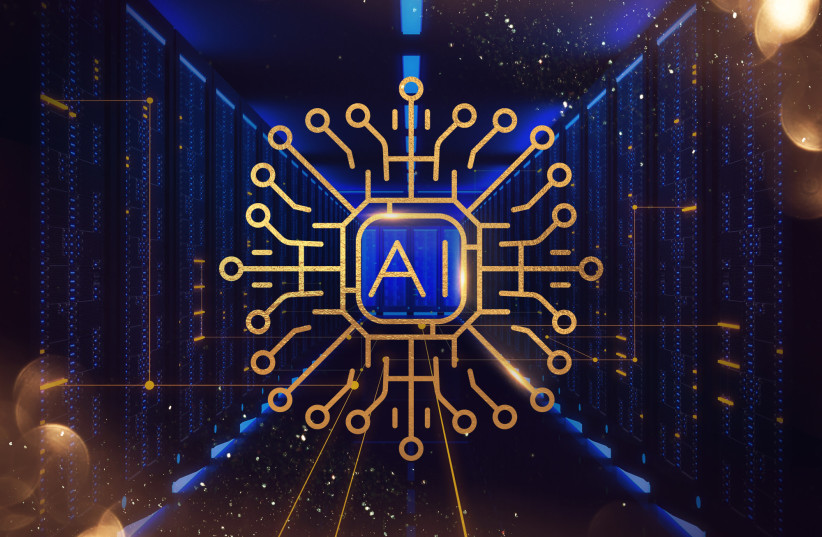The whole world is excited by the latest developments in artificial intelligence, and many people are already trying to think of a way to profit from them, but before one rushes to sell a photo, song or anything else they've created using AI software, there are important matters to consider. So says Eldar Sion, a partner in the law firm ESBM which specializes in commercial law and intellectual property.
Sion stated that first, it's important to examine the terms of use of the software. The problem is that artificial intelligence products are based on the work of others, sometimes without obtaining permission from the original owners.
Sion explained that although according to written opinions, the software itself doesn't infringe on copyrights, lawsuits have been filed that claim that artificial intelligence actually copies and infringes the copyrights of others and an unequivocal judicial decision hasn't been published.
Several conditions must be met to obtain copyright
He further explained that Israeli law enumerates several conditions that must all be met in order to obtain a copyright on any work and be able to sell it. The creator will be a person and the creator will invest significant time and work in the products in a way that the work will include original elements created by that person.
Sion said to imagine that you're a person or a company who "created" an image using an image generator and now you want to sell it. As users of the software, the fact that you pressed a button and added definitions or sources of inspiration to create the image isn't enough.

You need to invest and change the image considerably in relation to the original product of the machine so that you can increase the chances of getting a copyright on it.
Sion added that the same principle applies, for example, when it comes to a business plan created through ChatGPT. In order for the user to claim ownership of the program, they must work on it, add original elements and change as many details as possible.
A musician who created a song using artificial intelligence will have to compose it and change words and structure in order to claim that the song is indeed theirs, etc.
Sion further emphasized that in order to obtain copyright on a work, it's required that it be original. Sion stated that if one didn't make changes to the product provided by the machine, it will be very difficult to prove that the software didn't create it for another user requesting the same thing. That is, as long as the software did the main work, the claim that the work is yours is very weak.
Finally, if one isn't sure what's allowed and what's not, it's advisable to consult an expert in the field. The law concerning artificial intelligence is new and developing, and one wants to be on the right side of the law.
